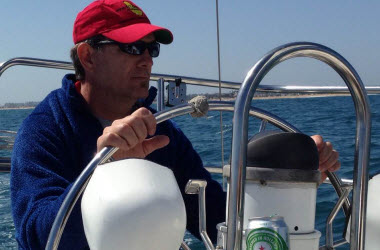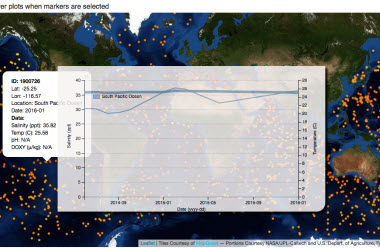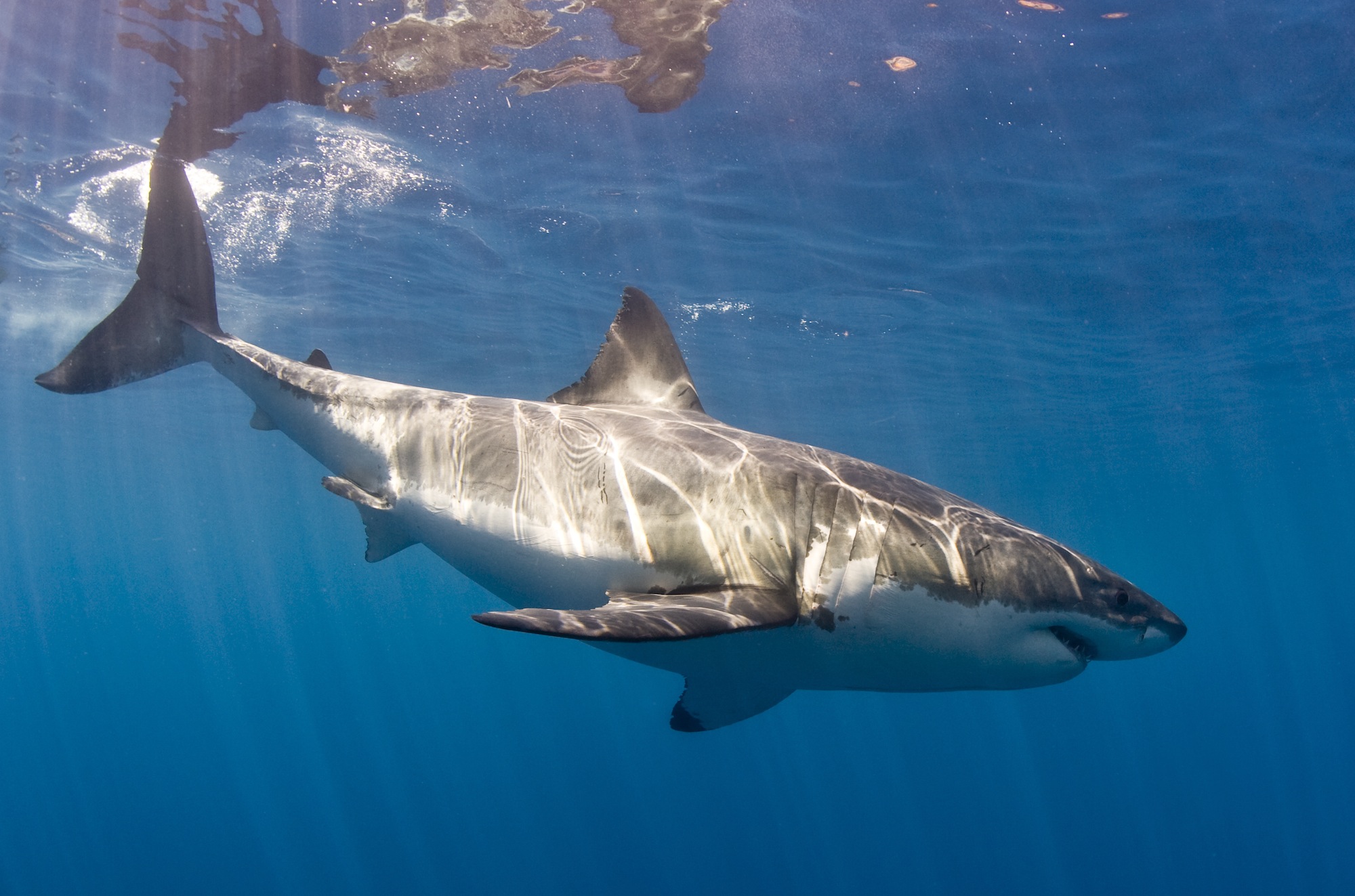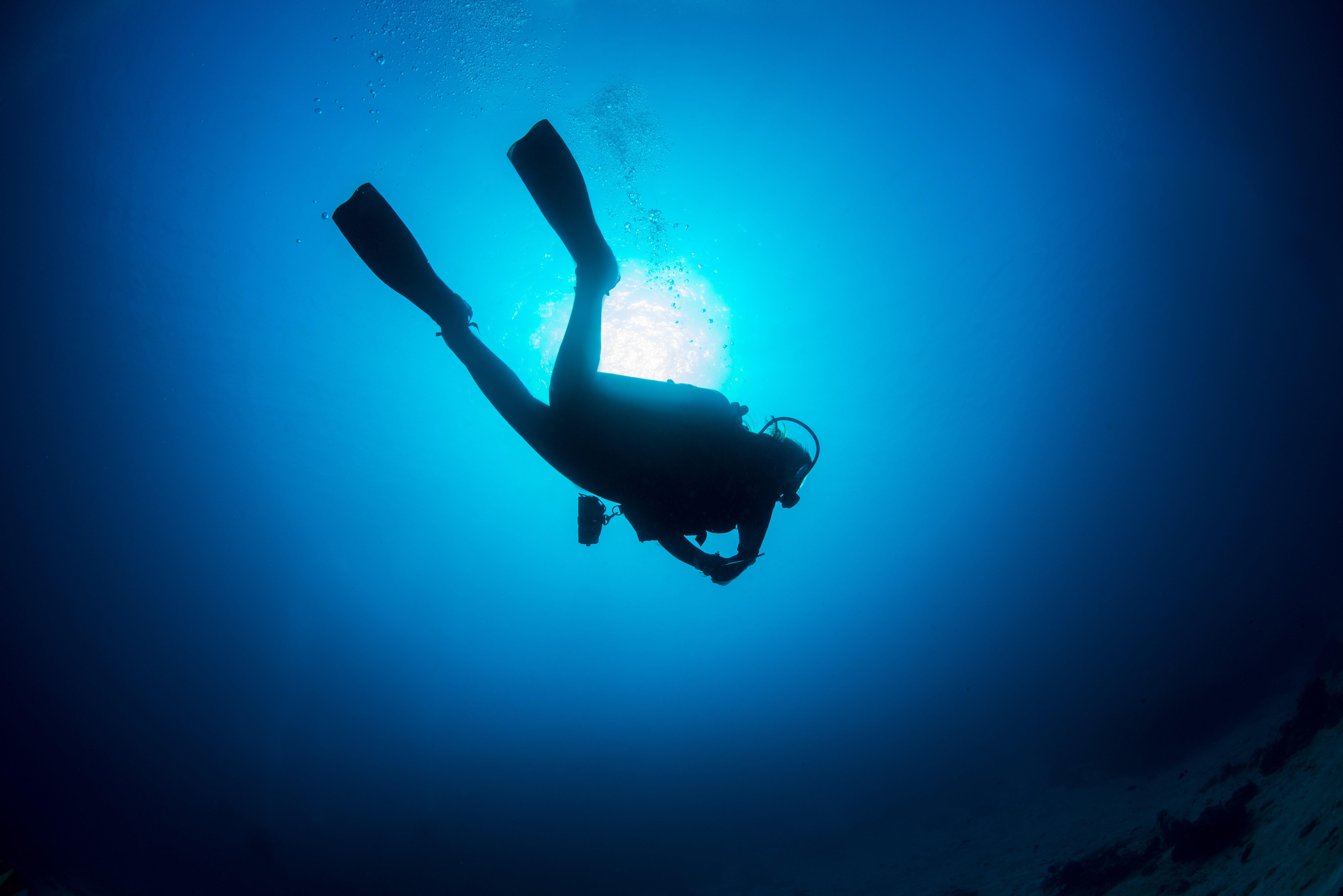February 28, 2017
So, now what?
Our elections have come and gone, and you already know that the next four years are going to be a challenge to those of us that care about the environment and our planet.
Don’t despair - I actually think there are two big trends that have come out of all the vitriol and hand-wringing from the past year or so that could be huge positives. Before you close your browser tab in disgust, let me explain.
Positive Trend #1 – We’re All Wide Awake Now
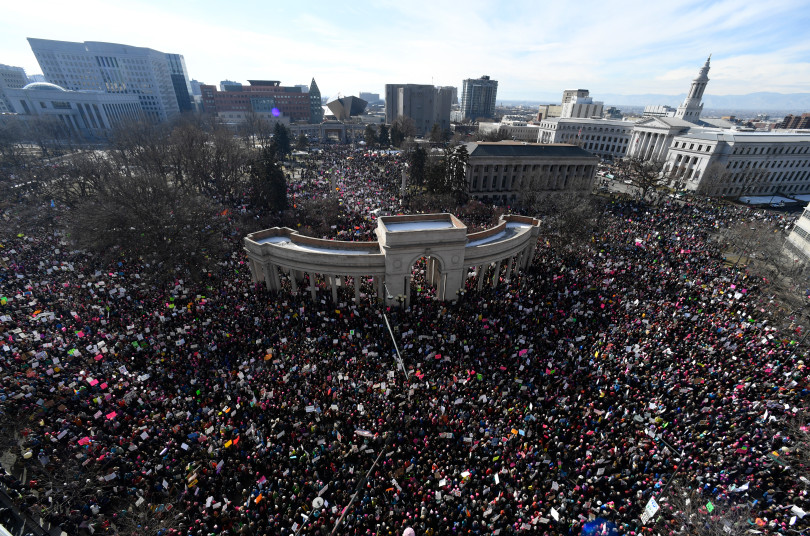 Think about how politically- and socially- connected most people have become in the past year. We’re paying more attention to what goes on in Washington. We’re paying more attention to what’s being said in the media. A lot of people got out and campaigned for the first time in their lives. We’re holding our representatives more accountable. More people than ever are thinking about getting involved in politics at the local and state level. Look at all the women and men who participated in marches all over the world the “day after”.
Think about how politically- and socially- connected most people have become in the past year. We’re paying more attention to what goes on in Washington. We’re paying more attention to what’s being said in the media. A lot of people got out and campaigned for the first time in their lives. We’re holding our representatives more accountable. More people than ever are thinking about getting involved in politics at the local and state level. Look at all the women and men who participated in marches all over the world the “day after”.
I think the best thing all of us can do to alleviate the fear is to get out there and participate! Find groups of like-minded people in your community or online so you can share experiences and edify one another. And learn how your local and state government works.
If you really want to take things to the next level, consider learning how to peacefully protest and create change. A good resource is a book published by Patagonia called “Tools For Grassroots Activists”. I asked for a copy for Christmas and it’s sitting on my nightstand as we speak.
Positive Trend #2 - States May End Up With More Power
Don’t get me wrong, there are still plenty of things to fight for at the Federal level – climate change, the DAPL pipeline, fracking, green jobs, etc. However, there may be a great opportunity to get more done at the state level in the next four years; those victories can serve as examples for other states.  Consider the following:
Consider the following:
- Texas, California, and New York were among the nation's leaders in adding clean energy and transportation jobs during 2014.
- California passed a landmark bill, the first of its kind in the nation, requiring the state to create regulations to reduce its greenhouse-gas emissions by 2020.
- And Hawaii is the first state to fully ban plastic bags at grocery stores.
There is usually far more cooperation and bi-partisanship at the state level than in our congress and senate. And our state lawmakers live in our communities, which means you theoretically have more access to those people, and can build relationships.
So - get involved! Read. Learn. Speak up. There’s still plenty to do (maybe more than ever), and the world needs your talents and energy.

